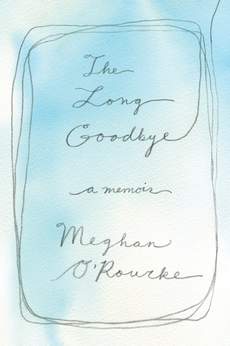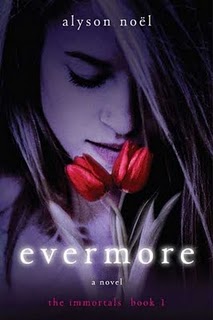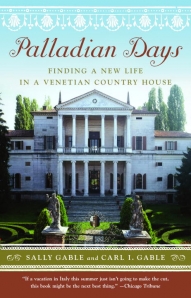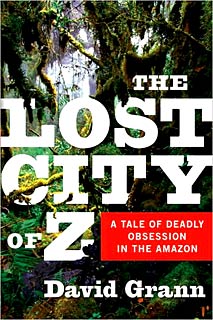This review contains affiliate links, which earn me a small commission when you click and purchase, at no extra cost to you. Thank you for supporting my small business and allowing me to continue providing you a reliable resource for clean book ratings.
“Mainly, I thought one thing: My mother is dead, and I want her back. I wanted her back so intensely that I didn’t want to let go. At least, not yet.”
Meghan O’Rourke’s mother, Barbara, died about 2½ years after being diagnosed with stage 4 colorectal cancer. O’Rourke, her father and her brothers had to watch Barbara go through the usual types of cancer treatments until there was nothing left to do but tend to her pain. She died on Christmas Day.
The grieving began before the death and continued well after. O’Rourke pondered her feelings and reactions to what other people said to her (helpful and not so helpful) and read dozens of books on the psychology of grief. She found herself particularly dissatisfied with our American culture today, in which rituals of mourning are limited, and public participation in others’ grief is minimal as well. She found herself envying Jews, for instance, for their saying Kaddish and sitting shiva. She writes, “I was not prepared for how hard I would find it to reenter the slipstream of contemporary life, the sphere of constant connectivity, a world ill suited to reflection and daydreaming. … As I drifted through the hours, I wondered: What does it mean to grieve when we have so few rituals for observing and externalizing loss? What is grief?”
O’Rourke states that her grief wasn’t universal, or extreme, or more unusual than any other people’s experiences of grief. But since she is a writer, a poet, in fact, her observations of her own grief through a difficult time of loss do come across as, at least, well captured in words. For the rest of us in society who have lost loved ones, her words strike home and resonate nicely. Those who long for someone with whom to grieve, to commiserate, will appreciate not the originality of O’Rourke’s experience, but its commonality, and the lyrical ways in which she puts her feelings into words on a printed page. O’Rourke may have felt alone, bereft in that “slipstream of contemporary life,” but by putting her feelings down, she has allowed others in similar situations to feel less alone.
Rated: High, for about nine uses of strong language. There are also occasions of milder language and some mild references to sex.
Click here to purchase your copy of The Long Goodbye on Amazon.




